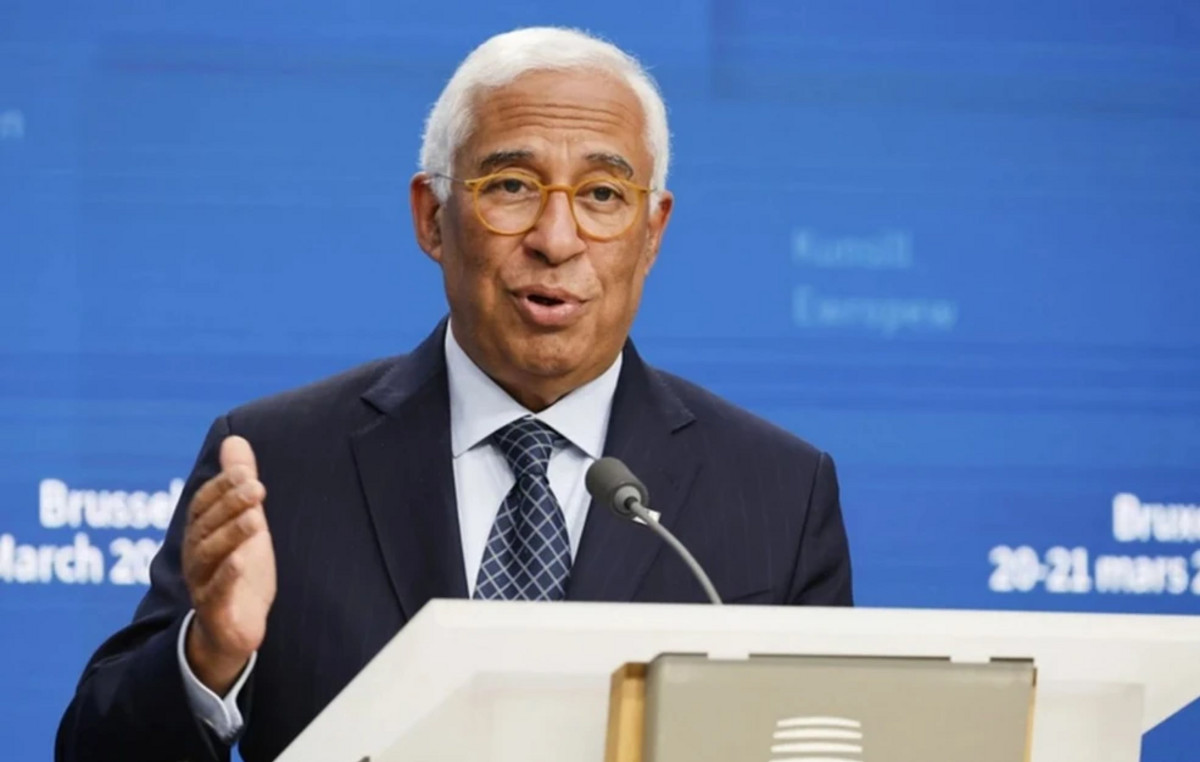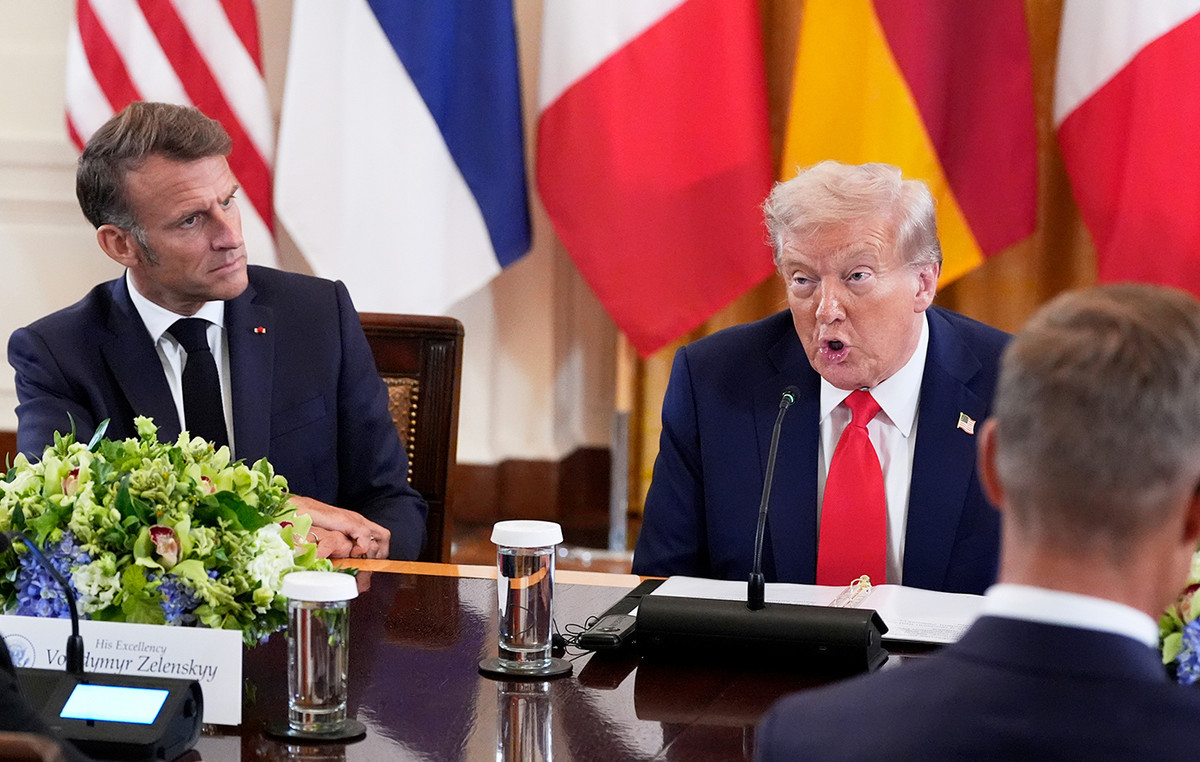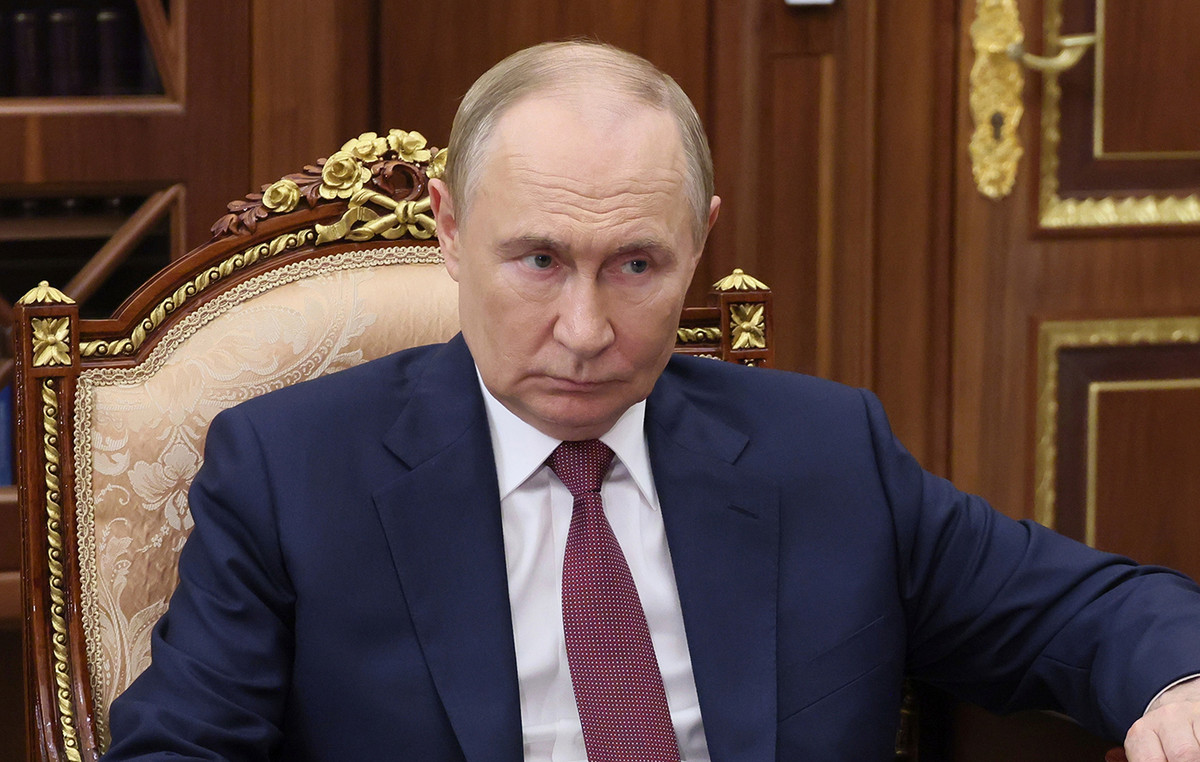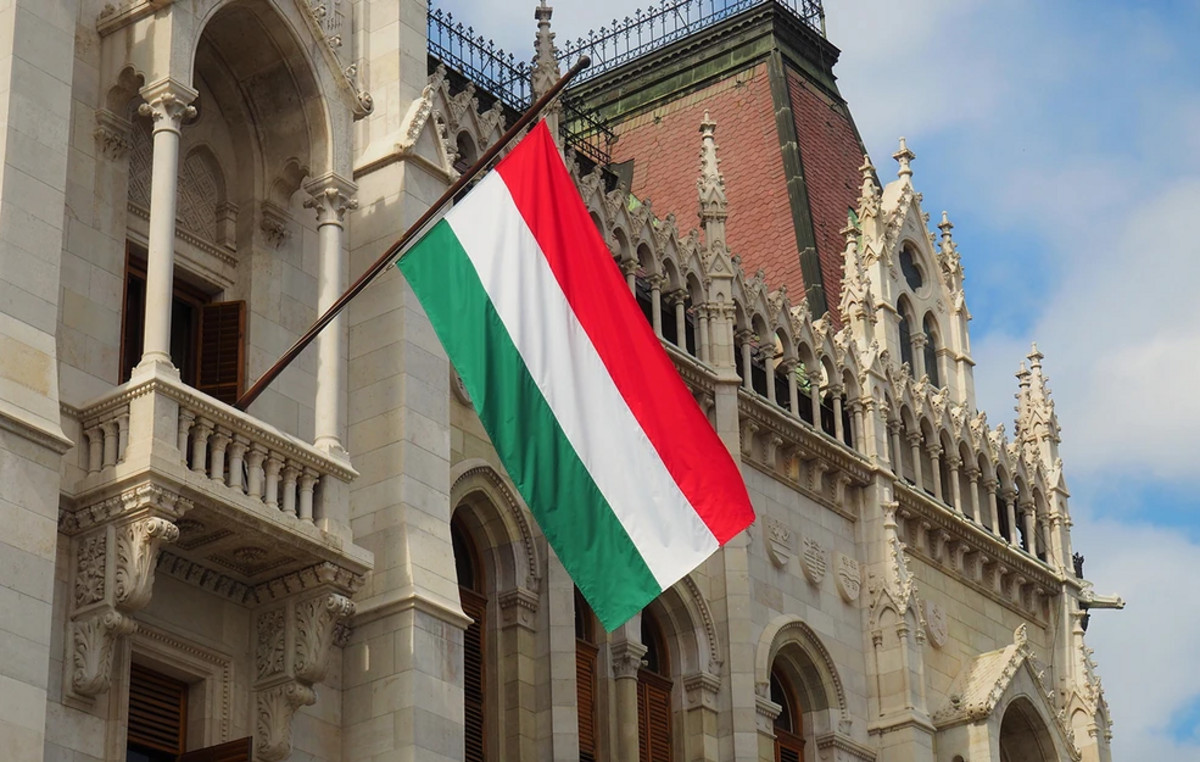President Recep Tayyip Erdogan won Turkey’s presidential election on Sunday, proving himself resilient against the opposition bloc and leading his rule into a third decade. Official results showed that Erdogan won with 52.1% of the vote, while opposition leader Kemal Kilicdaroglu won 47.9%.
Despite the deadly earthquake months ago and a drop in the value of the local currency, Erdogan’s victory once again showed the leader’s durability. Analysts believe his strength is rooted not just in the way he has consolidated power over the years, but also in the enduring loyalty of the Turkish population.
“Considering the wear and tear that comes with 20 years in power, this is a significant achievement, which exposes the failure of the opposition bloc,” said Can Acun, a researcher at the Foundation for Political, Economic and Social Research (SETA, in Turkish). ), a pro-government think tank based in Ankara.
Opposition speaks of “difficult days ahead”
As soon as the preliminary results pointed to his leadership in the election, Erdogan began to celebrate the triumph, which led Kilicdaroglu to warn of “difficult days ahead”.
Erdogan won “neither by a landslide nor by a narrow margin,” noted Soner Cagaptay, a senior fellow at the Washington Institute for Near East Policy, which probably means he should keep things as they are. In the Turkish context, he said, this indicates that Erdogan must step up his unorthodox economic policies and undertake an ongoing crackdown on the opposition, especially as he will try to regain popularity in Istanbul and Ankara – Turkey’s two most populous cities in which he lost to Turkey. opposition.
Murat Somer, professor of political science at Koc University in Istanbul, expects Erdogan to take a tougher approach to the opposition and his critics. “It is likely that he will continue with the unorthodox economic policies that serve his interests”, opined the professor. “But he will have to combine them with some orthodox measures to resolve the currency crisis,” he added.

The Turkish president has already called himself an “enemy of interest rates”, which would be, in his view, the main cause of inflation. As Erdogan celebrated victory on Sunday, the Turkish lira hit a record low of $20.05, as reported by Reuters.
Somer also warned of the consequences of Erdogan’s victory, saying it could embolden other world leaders to undermine democracy. “The populist autocrat who broke all democratic rules and norms during the campaign defeated the opposition who came together to rebuild democracy,” he lamented.
Korhan Kocak, an assistant professor of political science at New York University in Abu Dhabi, United Arab Emirates, is concerned about Erdogan’s post-election moves. “For more than ten years, he has made it clear that he has a majority sense of democracy: those who do not, in his opinion, belong to the ‘virtuous’ majority have no right to speak or be taken into account,” Kocak told the CNN .
Others who have been at the forefront of the Turkish president’s political crackdowns have also expressed concern. speaking to CNN Before the election results, Ceylan Akca, a parliamentarian from the city of Diyarbakir for the Green Left Party – an ally of the pro-Kurdish Peoples’ Democratic Party (HDP) – expressed fear about what might happen to her party with victory from Erdogan. She believes that, emboldened by the polls, Erdogan is very likely to step up his crackdown on the HDP and the Kurdish community.

It is not yet known how the president will deal with the opposition, but Acun, the researcher at the SETA Foundation, recalls that “Erdogan has always been a pragmatic leader, who does not act driven by revenge”. The re-elected president will likely focus on the economy, he added, although the fight against what he called terrorism also “could intensify”.
deep polarization
Analysts say the election results in both rounds demonstrate the country’s growing polarization. “Turkish society has been deeply polarized for at least 40 years, and more,” said Judd King, a senior adjunct professor at the American University in Washington. “Ultra-secularist people would never in their lives consider voting for Erdogan, any more than anti-secularists would ever vote for the secularist party.”
While many of Erdogan’s critics are prejudiced, others saw no viable option other than the president. Over the years, Erdogan has won the loyalty of the country’s conservatives, especially in the early days of his rule, according to King. The Turkish leader’s support base is diverse, he said, adding that he is broadly sympathetic to religion but ideologically ranges from nationalists to those opposed to secularism. Many of Erdogan’s supporters were pleased with his early actions, especially those securing religious rights for the country’s Muslim majority.
The Turkey that Erdogan inherited in 2003 espoused a form of secularism that was stricter than that of most western states. The role of religion in public has been downplayed, with the Islamic scarf for women banned in universities, government institutions and parliament. Muslim women seeking higher education therefore had to give up the hijab or go abroad to attend university.
Upon seizing power, Erdogan gradually lifted these restrictions. While not challenging the country’s constitutionally enshrined secularism, religion has begun to play a larger role in public as well as its own rhetoric.
His moves towards an official acceptance of the religion were seen as restoring the dignity of Turkey’s conservatives and won him a large base of support.
For King, even those who didn’t see Erdogan’s appeal at first “ended up valuing him” as he gained loyalty from “years and years of providing all these services”.
The election results could also deal a blow to Western allies who had hoped a post-Erdogan era would bring Turkey back to its traditional allies in the West, in a nod to the friendship Erdogan owes Russian President Vladimir Putin.
Professor King said that despite its disagreements with the West, Erdogan’s recent foreign policy moves may have given Turkey a kind of independence that many of its supporters appreciate. “These voters recognized that the country had been lagging behind for too long and Erdogan has changed that course.”
Senor Cagaptay believes Erdogan’s foreign policy is unlikely to change. “Erdogan’s strategy is to play on the antagonism between Russia and the US to get what he wants,” he said.
Source: CNN Brasil
Bruce Belcher is a seasoned author with over 5 years of experience in world news. He writes for online news websites and provides in-depth analysis on the world stock market. Bruce is known for his insightful perspectives and commitment to keeping the public informed.







